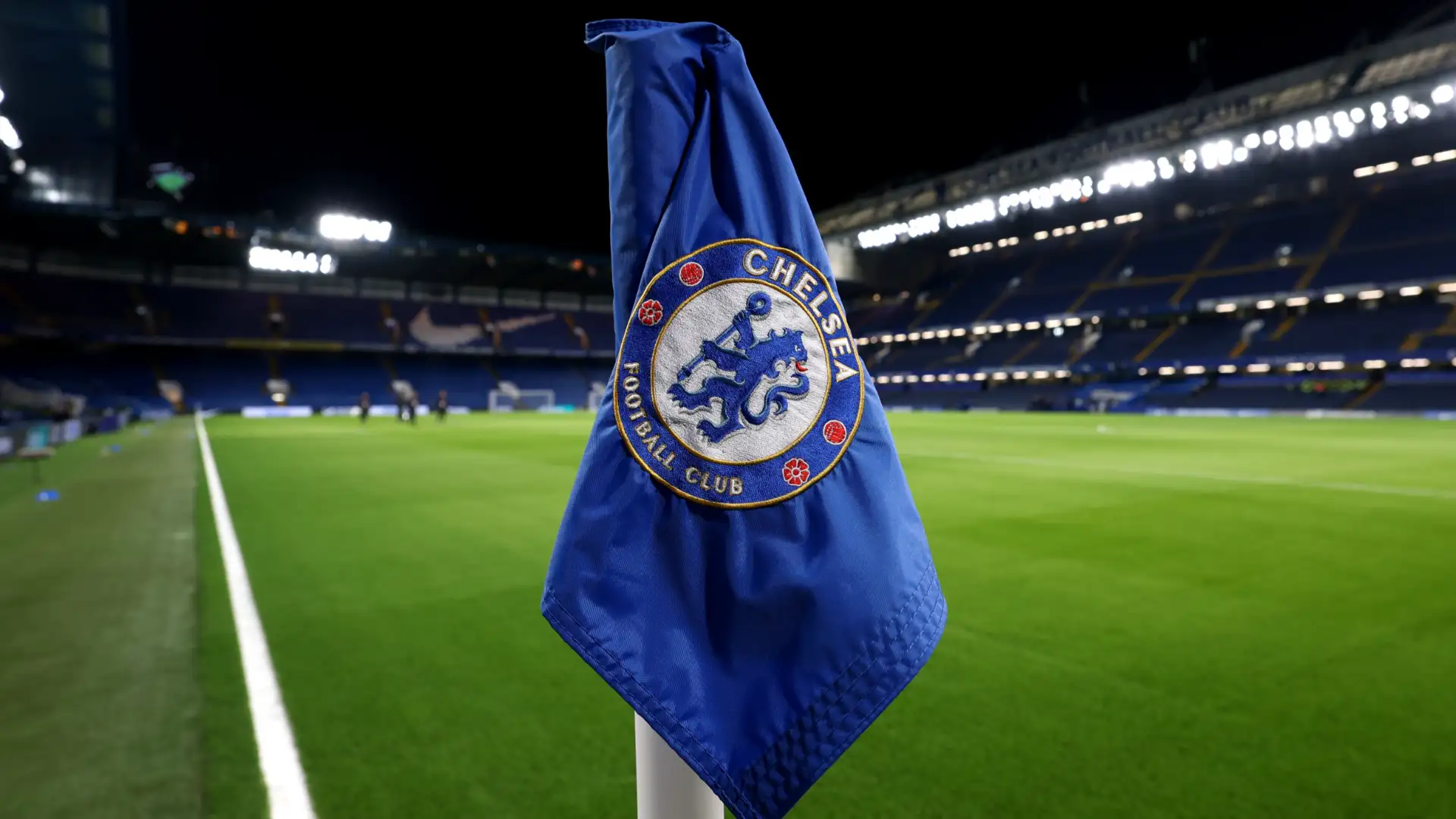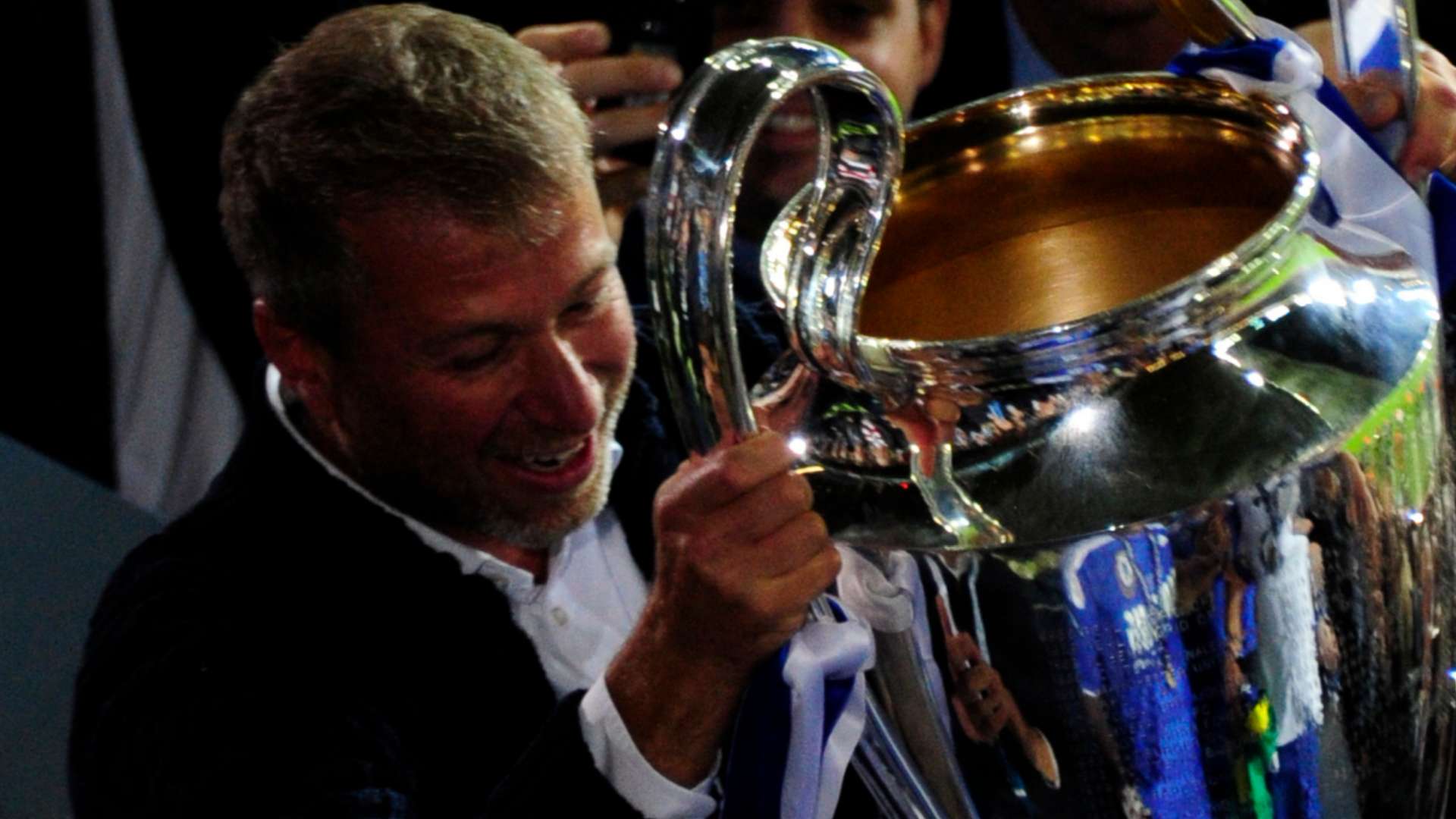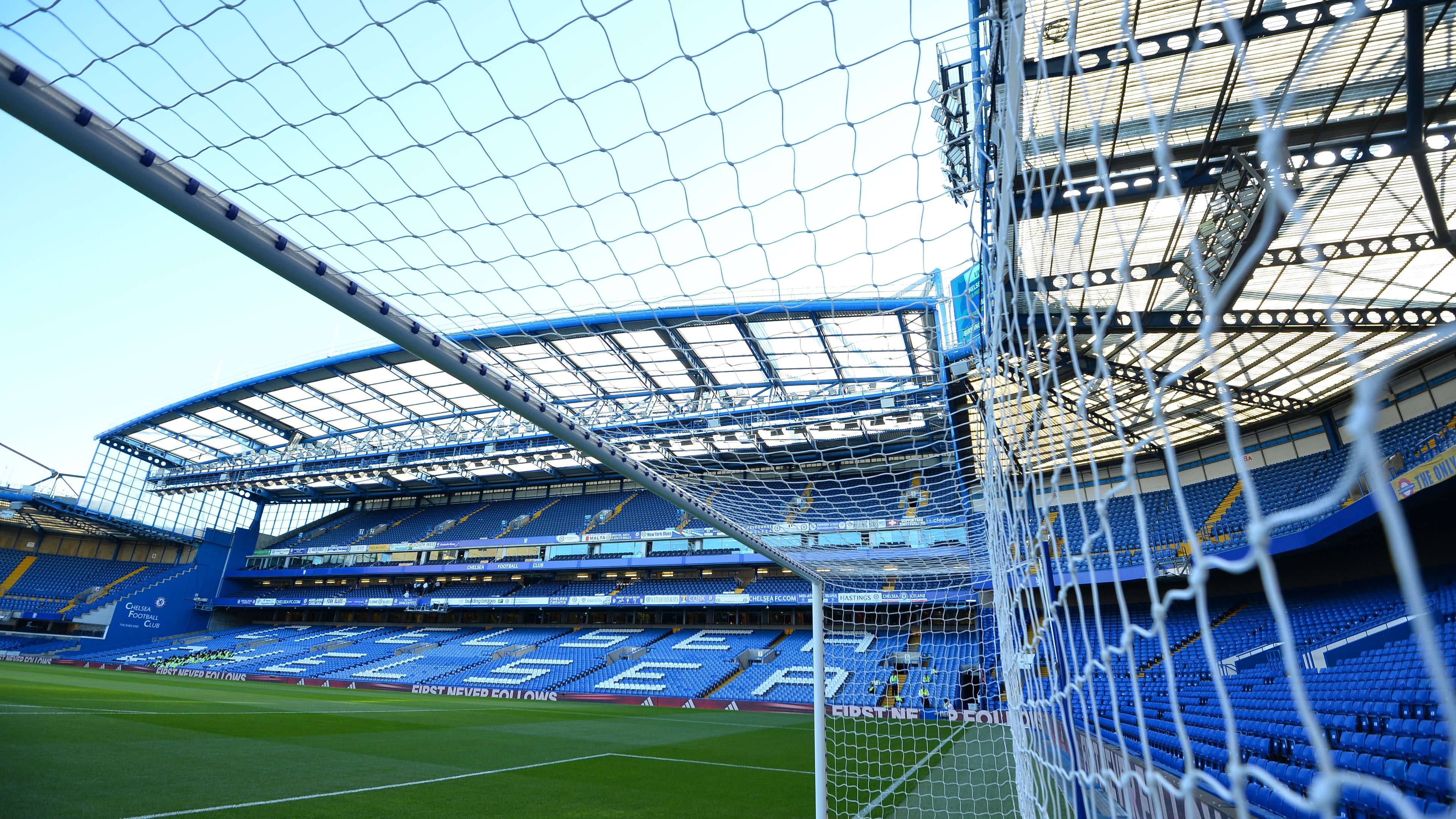
Revealed: Why Chelsea May Avoid Serious Points Penalty After 74 Charges for Alleged Rule Breaches Dating Back to Roman Abramovich Era
Chelsea Charged With 74 Breaches but May Escape Harshest Punishment
When the news broke that Chelsea had been charged with 74 alleged rule breaches, many fans feared the worst. After all, the Premier League has been ruthless in recent seasons with sanctions—Everton and Nottingham Forest can both testify to that. The thought of a hefty points deduction immediately sent shivers down Stamford Bridge. But dig a little deeper, and the picture is more complex.
Despite the sheer scale of the charges, which stem from dealings in the Roman Abramovich era, there is a growing sense among legal and financial experts that Chelsea may avoid the most severe outcome. Yes, punishments could follow. But the spectre of a massive points penalty—one that could derail the club’s current season—may not materialise in the way rivals are hoping for.
What Does Chelsea’s Case Relate To?
The charges are rooted in financial activity between 2009 and 2022, a period when Abramovich’s empire ran Chelsea as one of the most ambitious football projects in the world. Specifically, the focus is on payments made to agents, intermediaries, and potential breaches involving third-party investment.
Chelsea themselves uncovered “incomplete financial information” and reported it to the FA, Premier League, and UEFA. That self-disclosure is crucial. It’s not a case of investigators swooping in with damning evidence; it’s a club holding its hands up and admitting past missteps.
Most of the spotlight narrows onto the years between 2010-11 and 2015-16, a period when Chelsea enjoyed both domestic and European success. Naturally, this raises questions. Did these financial irregularities create a sporting advantage? Or were they simply accounting missteps that, while sloppy, had little impact on what happened on the pitch?
Why Are Chelsea Facing So Many Charges?

Roman Abramovich Chelsea Champions League
Seventy-four charges sounds catastrophic. But the reality is that many are variations on a theme, relating to multiple individual payments over more than a decade. What looks like a mountain may, in regulatory terms, be more like a series of small hills.
That doesn’t excuse Chelsea’s past, but it does give context. Each alleged breach contributes to the headline figure, but not all carry the same weight. The FA will need to untangle which issues, if any, materially impacted competitive balance.
How Will Chelsea Argue Against Punishments?
Chelsea’s current owners—Todd Boehly and Clearlake Capital—took charge in 2022, inheriting any baggage left by the Abramovich era. This change of ownership is expected to be a key factor in the club’s defence.
The Boehly regime has been cooperative, transparent, and proactive in engaging with authorities. Legal experts suggest that this behaviour counts heavily in their favour. In football’s regulatory world, mitigation is everything:
-
New ownership can argue they should not be punished for the sins of the past.
-
Early admission signals responsibility rather than evasion.
-
Cooperation often translates into lighter sanctions.
The question, therefore, is not whether Chelsea are guilty—they have already admitted to incomplete disclosures—but whether those infractions genuinely gave them a sporting advantage. Without proof of that advantage, the case for a points deduction becomes shaky.
Expert Analysis: Why a Sporting Advantage Matters
Former Manchester City financial adviser Stefan Borson put it plainly:
“The nub of it will be whether anybody can establish that the breaches created a sporting advantage. If you have a sporting advantage established, then it’s likely that you end up with a sporting penalty.”
This is the crux of the issue. If Chelsea’s payments allowed them to sign players they otherwise couldn’t afford, or to circumvent financial rules that kept rivals in check, then punishment will be harsh. But if it amounts to incomplete paperwork, poor oversight, or questionable but non-advantageous transactions, then the punishment may look very different.
Borson pointed to Nottingham Forest’s case, where cooperation earned them a reduction on their penalty. Forest were initially looking at a six-point deduction, but thanks to early admission, they lost just four points.
By comparison, Chelsea have gone further—reporting themselves. That alone could see them land a mitigation of 30 to 40 per cent on any potential punishment.
Premier League Rivals Already Penalised

FBL-ENG-LCUP-CHELSEA-BRISTOL ROVERS
The shadow of precedent looms large. Everton were hit with an eight-point deduction for breaches of Profit & Sustainability Rules (PSR), while Nottingham Forest received their four-point penalty. Both sanctions demonstrated the Premier League’s willingness to act decisively.
Chelsea’s case is different. While Everton and Forest were punished for financial overspending within PSR’s three-year cycle, Chelsea’s charges are historic. They relate to long-term conduct, much of which predates current ownership. The FA, therefore, faces a delicate balancing act: send a message without appearing unjust to those who inherited the mess.
Why Chelsea May Avoid Serious Points Penalty
Put simply, Chelsea’s defence is built on three pillars:
-
Ownership Change: Punishing Boehly for Abramovich’s practices risks alienating responsible ownership.
-
Self-Reporting: By flagging the issues themselves, Chelsea gain credibility.
-
Mitigation Precedent: Cooperation in similar cases has resulted in reduced sanctions.
Add to this the sheer difficulty of proving sporting advantage. If the payments were to agents rather than players directly, then establishing that Chelsea won trophies because of these breaches becomes speculative.
The FA might instead lean toward financial fines, restrictions, or symbolic sanctions rather than a hammer blow points deduction.
When Will Chelsea Respond?
Chelsea have until September 19 to formally respond to the charges. Expect their statement to highlight transparency, cooperation, and commitment to compliance under Boehly. Behind the scenes, legal teams will prepare to argue that any breaches were historic, immaterial, and already remedied.
Conclusion: A Nervous Wait but Reasons for Optimism
The headline is dramatic: Revealed: Why Chelsea may avoid serious points penalty after 74 charges for alleged rule breaches dating back to Roman Abramovich era. Seventy-four charges sound damning, but as the dust settles, Chelsea may find themselves in a far stronger position than rivals might hope.
Yes, sanctions are likely. A fine, perhaps symbolic restrictions, maybe even a slap on the wrist in regulatory terms. But unless the FA can prove that Chelsea gained an unfair sporting advantage during their most successful years, the prospect of a massive points deduction looks less and less certain.
For Chelsea fans, it is still a nervous wait. But in a footballing world where perception often eclipses detail, the detail here offers hope. Stamford Bridge may yet escape the storm with reputation bruised but league campaign intact.
































There are no comments yet. Be the first to comment!